The Animal Morphology and Toxicology team is dedicated to fundamental and applied research (from gene to organism) of the morphology and physiology of fish and aquatic invertebrates, including species relevant to aquaculture and fishing. Fostering the “4R” principle in animal welfare, we apply and refine in vitro cultures with primary cells, tissue slices and cell lines for physiology and toxicology. In fish, the hypothalamic-pituitary-liver-gonadal axis and blood plasma are the primary target systems and matrices.
The results of our research lay the grounds for sustainable exploitation of species for human consumption, ornamental aims and as sources for the blue bioeconomy and biomedical research. The team investigates causes and mechanisms of some reproductive, metabolic and endocrine dysfunctions in fish, with impacts on their growth, fitness and population sustainability. Some studies focus on interactions with abiotic factors, investigating how they influence normal morphology and physiology, pathogenesis, and cellular and organic manifestations of adaptations and dysfunctions. We also examine changes in the morphology and physiology of the studied species in the presence of certain types of pollutants in inorganic and organic matrices (in wild, production or captured species), with potential impacts on animal and human health.
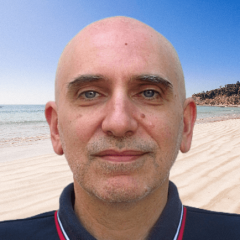
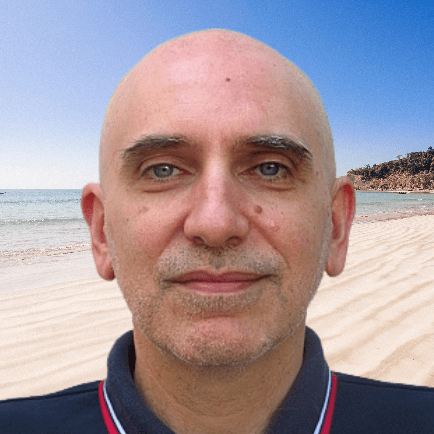
Eduardo Rocha is a Full Professor of ICBAS-UPorto and Integrated PhD Member at CIIMAR. Holds the Licenciatura in Aquatic Sciences and PhD and Habilitation in Biomedical Sciences. Attended three years of Medicine. He is PI of the Animal Morphology and Toxicology Team (CIIMAR) and Director of the Histology and Embryology Laboratory (ICBAS). His research covers histophysiology of fish gonads and liver, presence, effects and MOA of some classical and emerging pollutants in fish and cancer cell lines. He mentored/co-mentored over 30 MSc and 12 PhD students and authored/co-authored over 250 international publications, including over 200 articles in indexed journals.
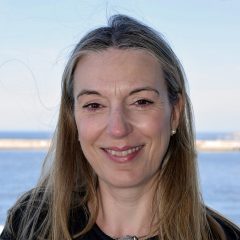
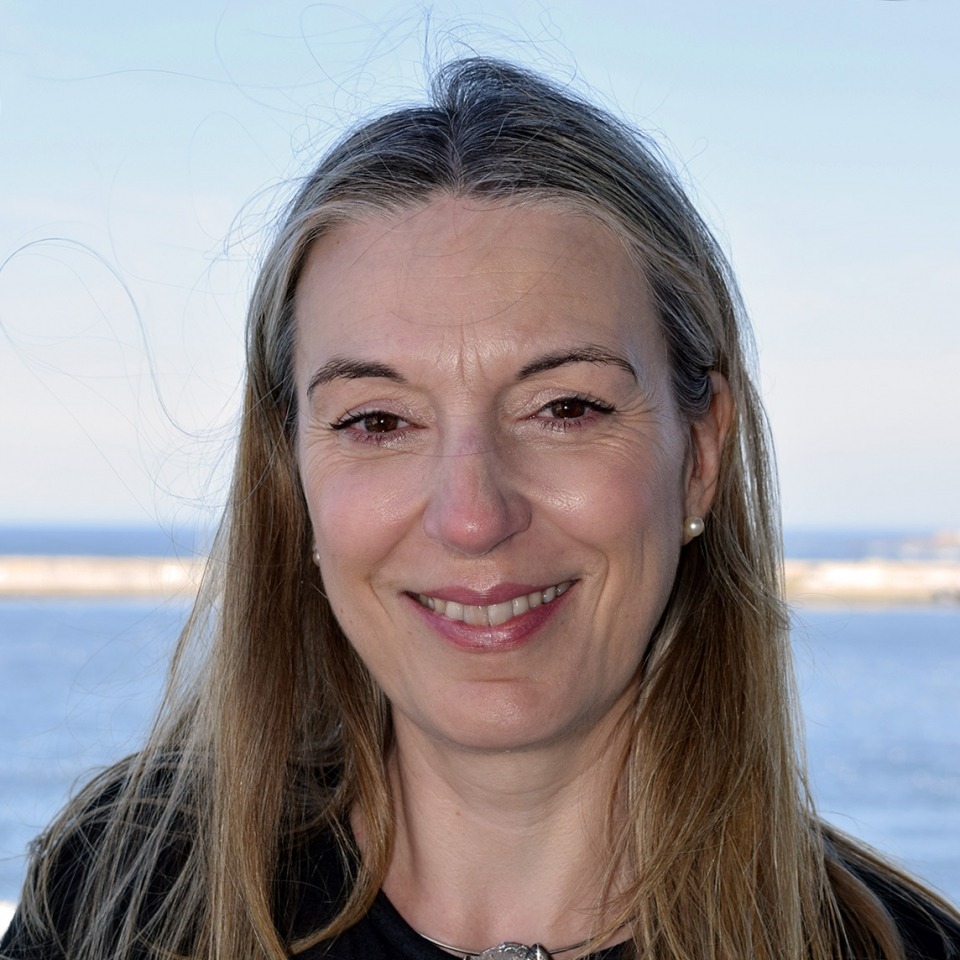
Maria João Rocha holds a primary degree in Pharmacy and a PhD in Biomedical Sciences, obtained at the Institute of Biomedical Sciences Abel Salazar (ICBAS), University of Porto. At ICBAS, where she is Assistant Professor, she teaches Environmental and Aquatic Toxicology, and Physiology and Endocrinology of Aquatic Animals. She is an integrated researcher of CIIMAR, working in the Histomorphology, Pathophysiology and Applied Toxicology (PATH) group. At PATH, she has been responsible for the development of chromatographic techniques for the evaluation of pollutants, such as natural and synthetic hormones, pesticides, PAHs and PCBs, in surface waters, sediments and aquatic animals.
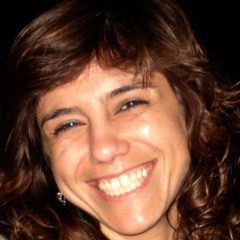
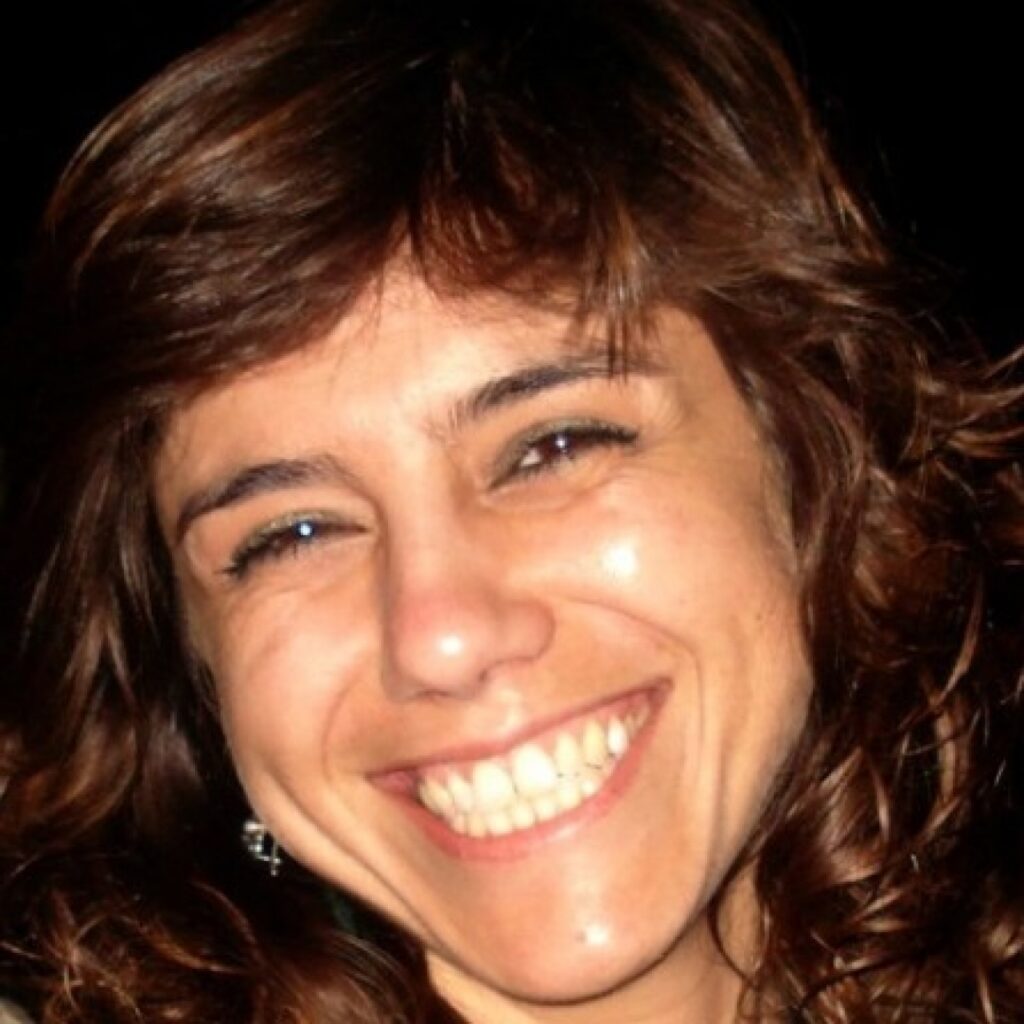
Albina Dolores Resende is an assistant professor at Instituto Universitário de Ciências da Saúde (IUCS) – CESPU. She received her degree in Ciências do Meio Aquático in 1996, her Master degree in 1999 in Marine Biology and her PhD in 2008 in Biomedical Sciences from ICBAS-University of Porto. Her research interests focus on histomorphology, physiopathology and toxicology of aquatic organisms. Recently, she started as a collaborator at Instituto de Investigação e Formação Avançada em Ciências e Tecnologias Saúde (IINFACTS) doing research in the same areas but applied to mammals.

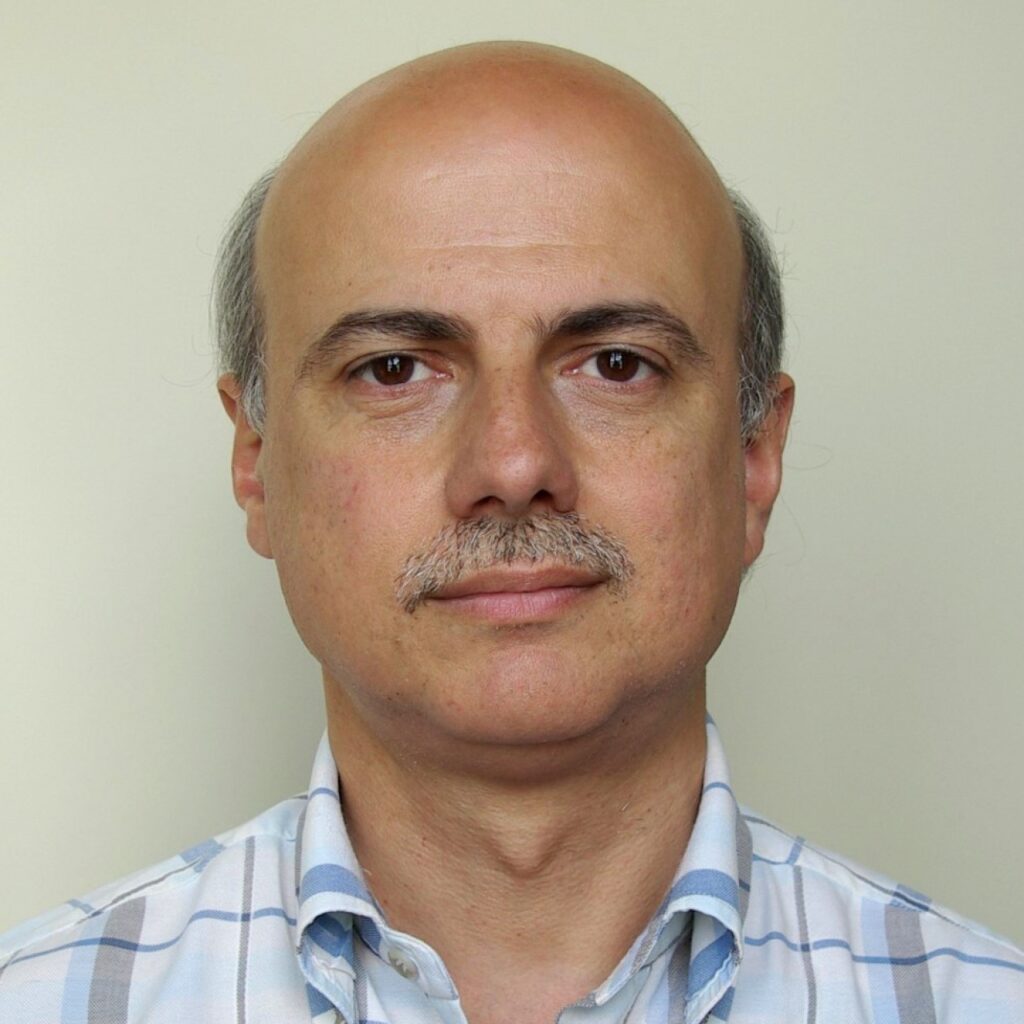
Alexandre Lobo da Cunha is a Full Professor of Aquatic Biology in the Institute of Biomedical Sciences Abel Salazar (ICBAS) of the University of Porto. He holds a degree in Biology (University of Lisbon) and a PhD in Biomedical Sciences (University of Porto). His main research interests are the ultrastructural, histological and histochemical studies on marine gastropods and other aquatic organisms. He authored 68 publications in international journals.

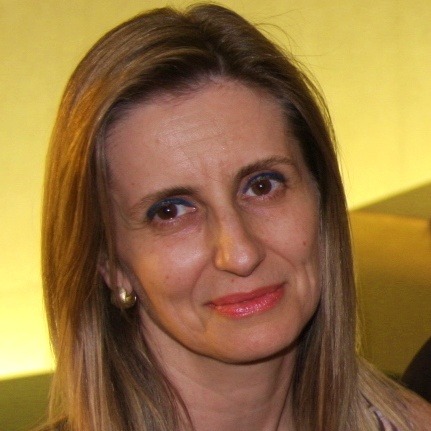
Carla Batista Pinto is an assistant professor at Instituto Universitário de Ciências da Saúde (IUCS, CESPU). She holds a degree in Biochemistry from FCUP since 1992 and a PhD in Biomedical Sciences from ICBAS (University of Porto) since 2008. Her main research interest focusses now on ultrastructural alterations in ovarian cancer cells.

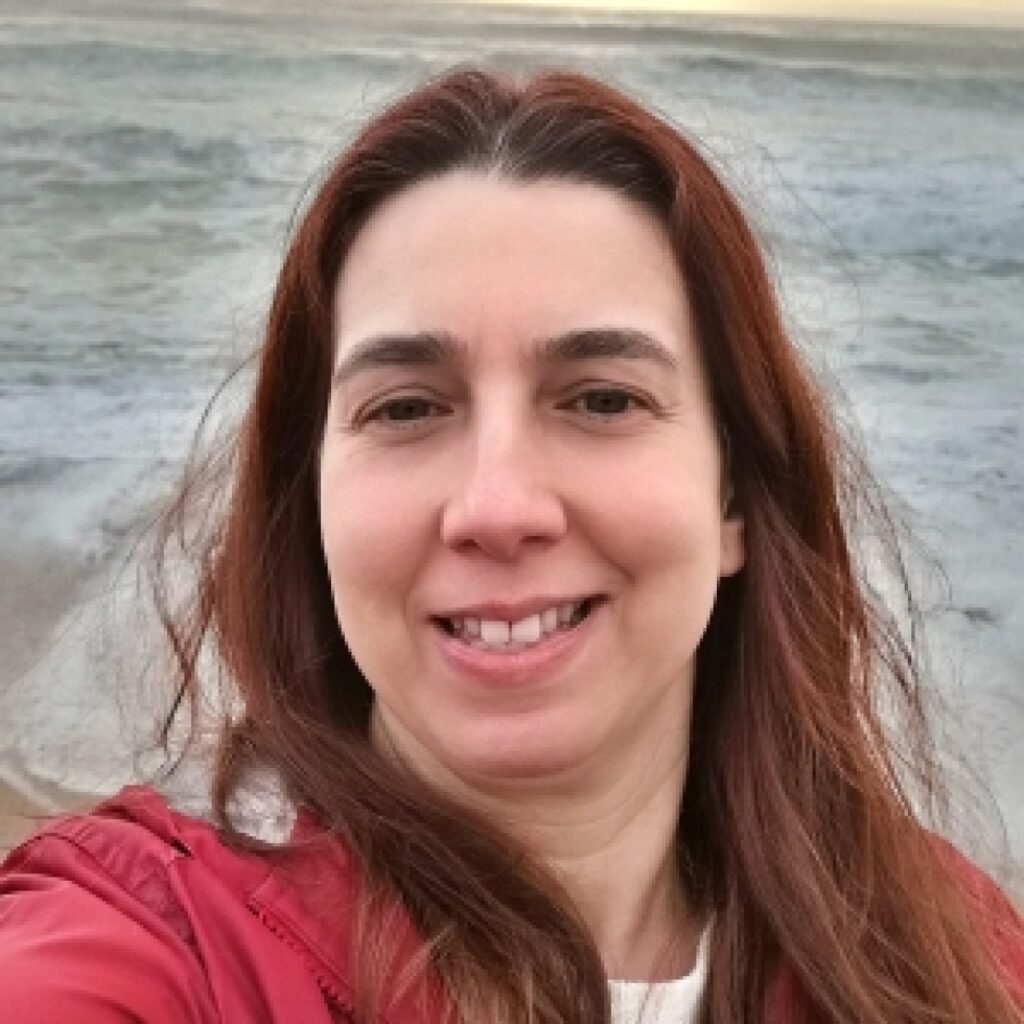
Graduated in Anatomia Patológica, Citológica e Tanatológica (Technician of Pathology, Cytology and Thanatology) at Escola Superior de Saúde-Porto and obtained her PhD in Pathology and Molecular Genetics from ICBAS/FMUP in February 2021. The main research interests are fish endocrinology and endocrine disruption. The latest works focused on the regulation of peroxisomal, estrogenic and lipid signaling pathways by hormones and hormone-mimics using brown trout primary hepatocytes as the model system.
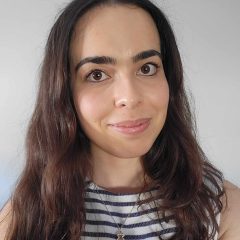
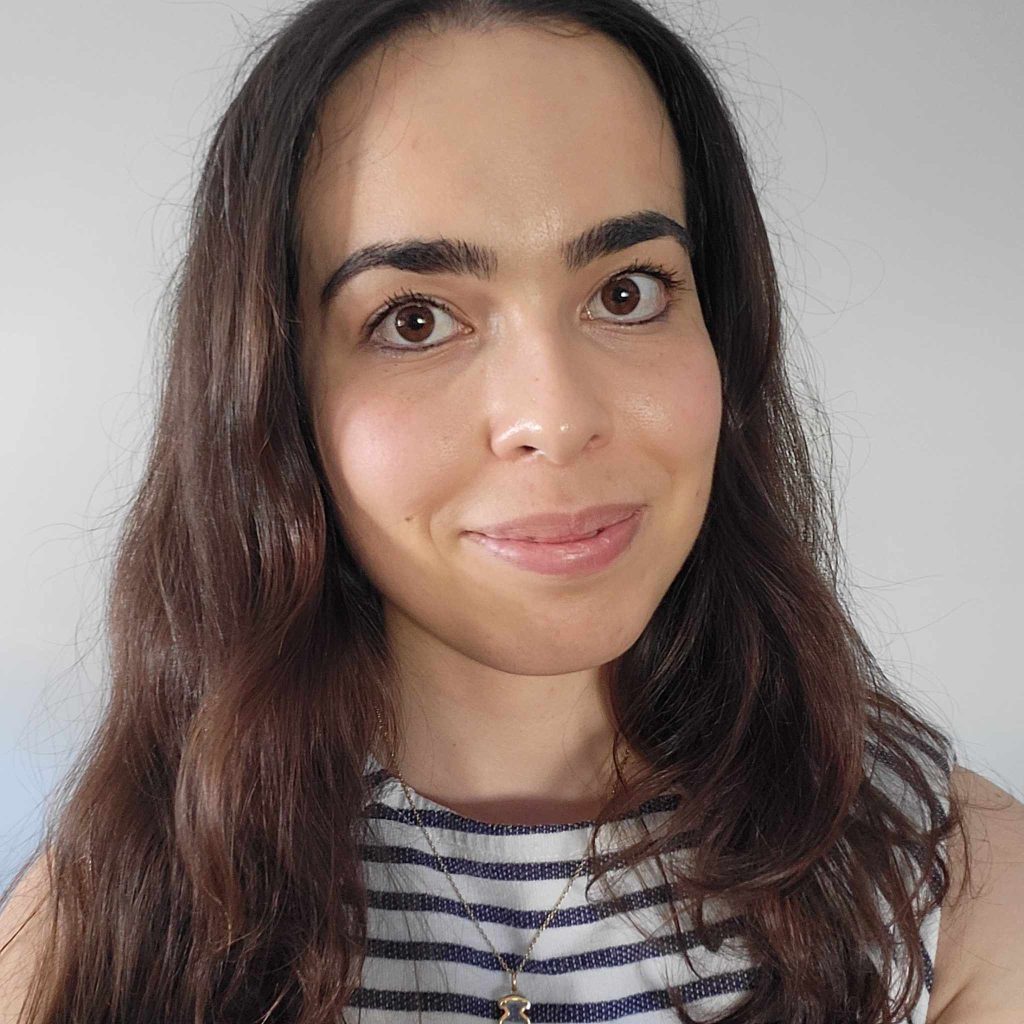
Diana Pádua is an invited Assistant Professor in the Department of Microscopy at ICBAS-UP. She completed her PhD in Biomedical Sciences at ICBAS-UP (ipatimup/i3S), in 2024, receiving an International Award for Best PhD Thesis in Cancer. Diana holds a Master’s in Biochemistry (2017) and a Bachelor’s in Biology (2015), both from UP. She has published 9 articles, with 6 as first author, and holds a FELASA Category C certificate. She has two provisional patent applications and participated in multiple research projects.

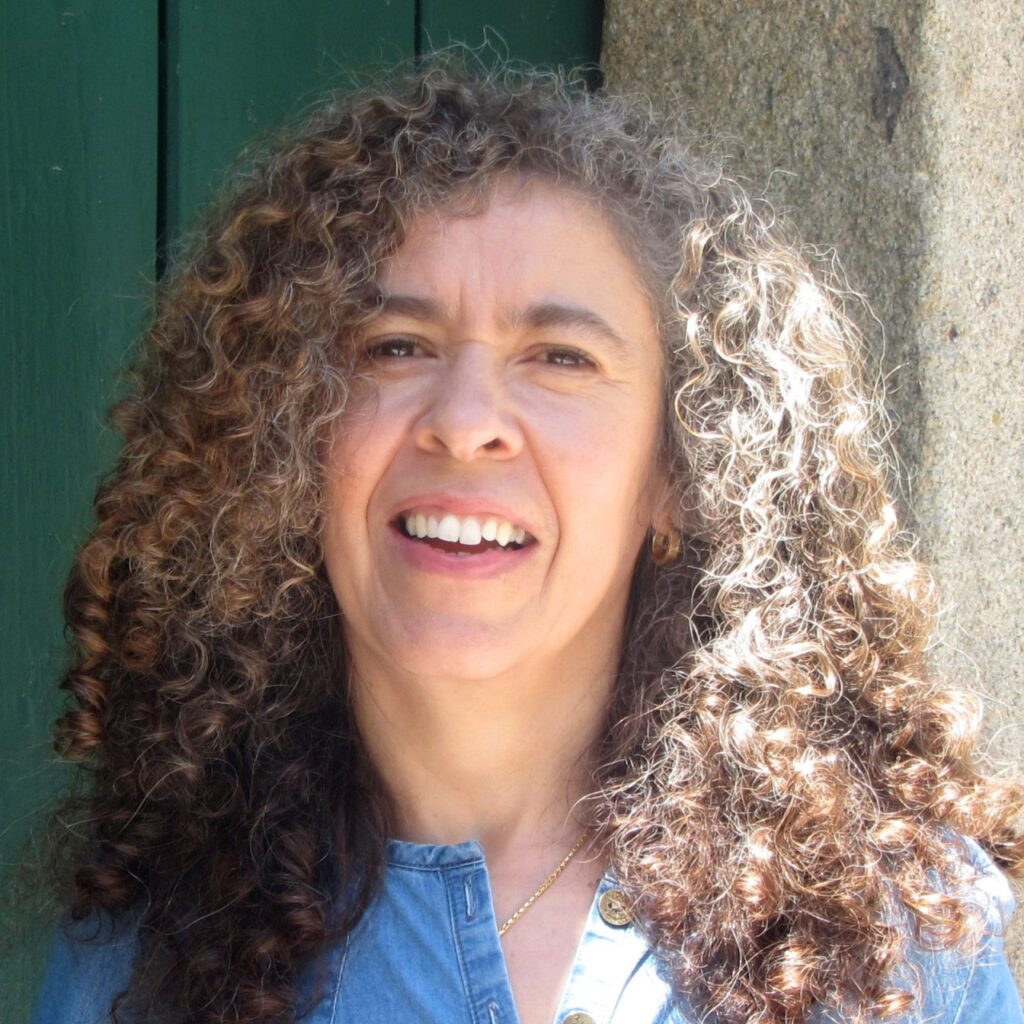
Margarida Fonseca Cardoso is Assistant Professor at the Biomedical School of University of Porto, Portugal (ICBAS), in the scientific areas of biostatistics and epidemiology. PhD in Engineering from the University of Porto, 1998. Since 1996 teaches units of biostatistics and epidemiology to undergraduate degrees in Aquatic Sciences, Medicine, Veterinary Medicine, and Bioengineering, and Master and Doctoral Programmes in Marine Sciences, Public Health, Forensic Sciences, Mathematics, etc. She is co-author of several national and international publications in the areas of optimization, epidemiology, public health, and higher education as a result of her collaboration with different research teams.


Maria João Rocha holds a primary degree in Pharmacy and a PhD in Biomedical Sciences, obtained at the Institute of Biomedical Sciences Abel Salazar (ICBAS), University of Porto. At ICBAS, where she is Assistant Professor, she teaches Environmental and Aquatic Toxicology, and Physiology and Endocrinology of Aquatic Animals. She is an integrated researcher of CIIMAR, working in the Histomorphology, Pathophysiology and Applied Toxicology (PATH) group. At PATH, she has been responsible for the development of chromatographic techniques for the evaluation of pollutants, such as natural and synthetic hormones, pesticides, PAHs and PCBs, in surface waters, sediments and aquatic animals.
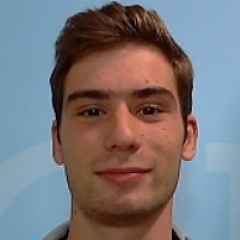
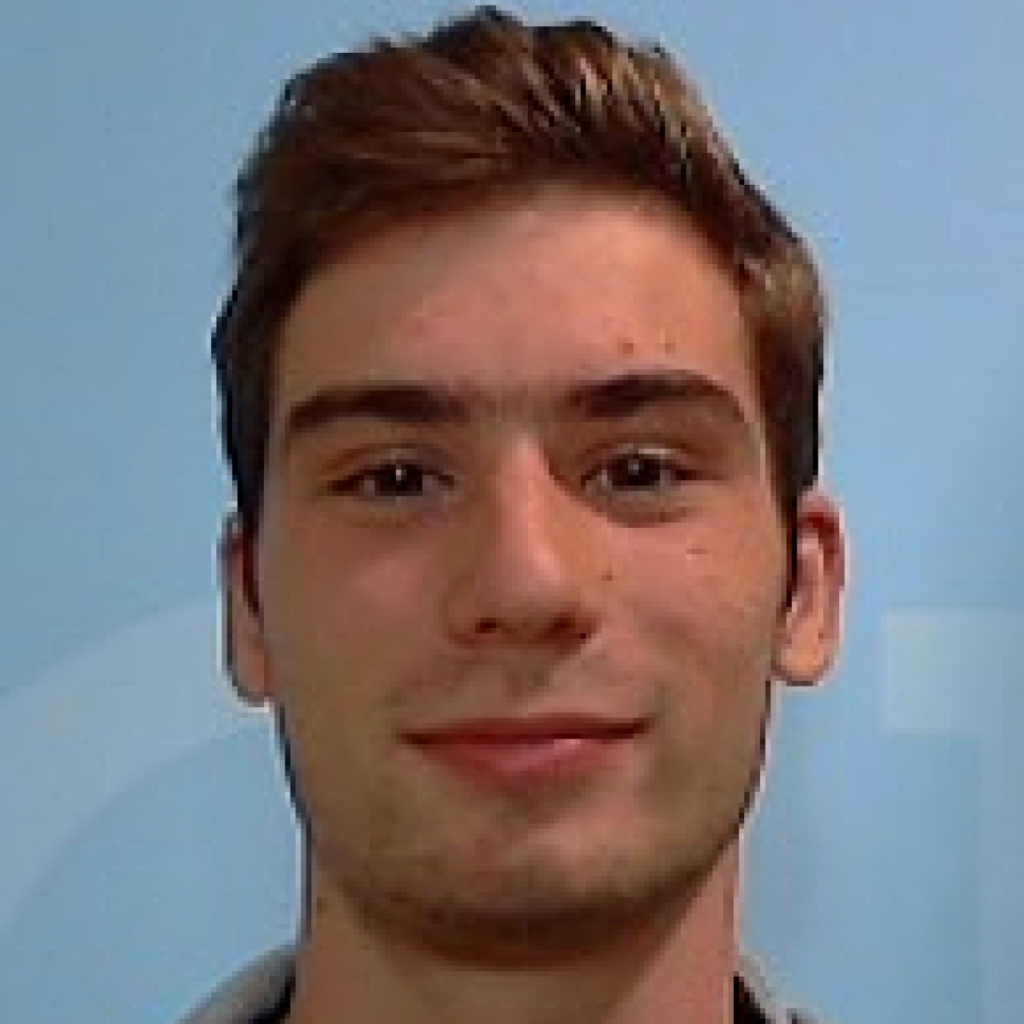
Rodrigo Franco Alves graduated in Biochemistry, at Faculty of Sciences of University of Porto in 2019. Since then he is part of the team of Histomorphology, Physiopathology and Applied Toxicology Group (CIIMAR), developing projects at Lab of Histology and Embryology (ICBAS). Currently, he is a Master student in Environmental Contamination and Toxicology (FCUP).
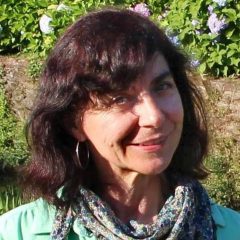
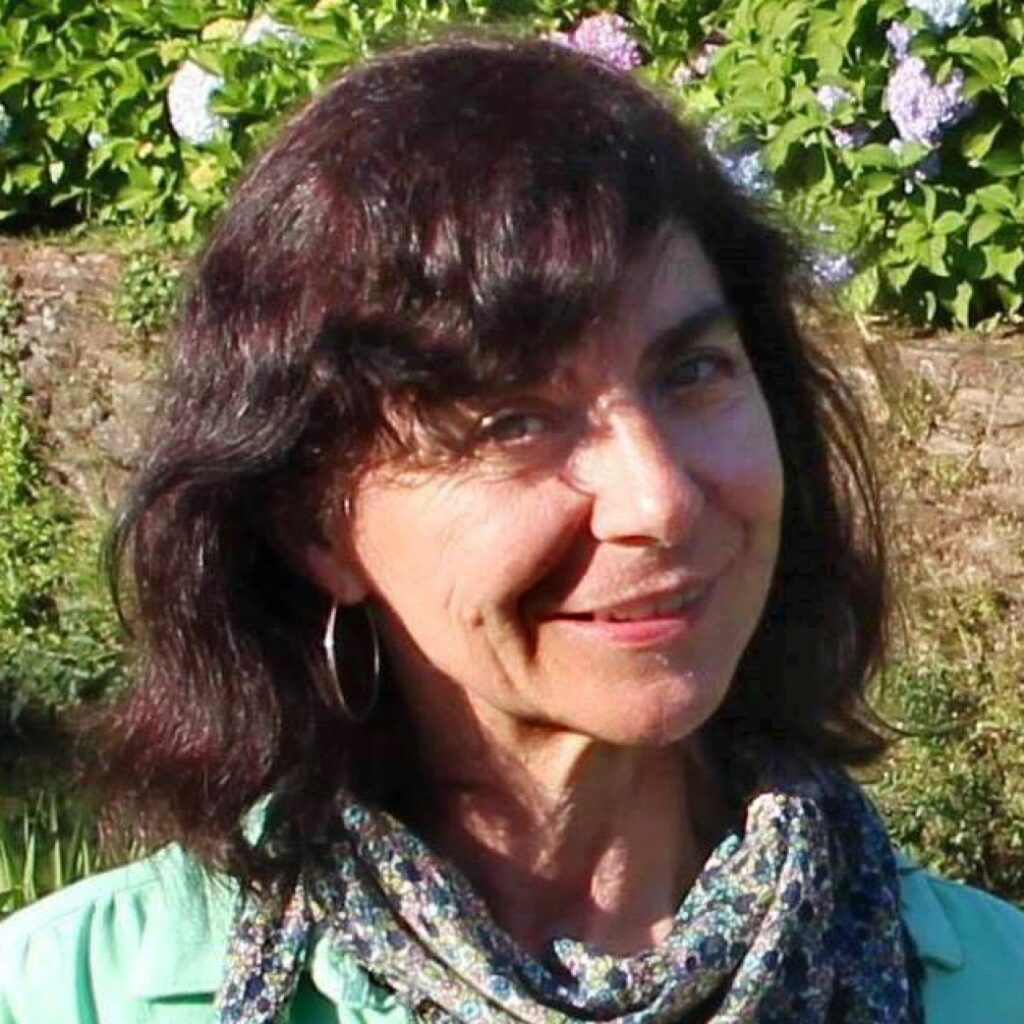
Sisandra Sousa is a Biology and Geology high school teacher graduated in Biology and Geology Teaching from Aveiro University. In 1996 obtained her MSc in Coastal Sciences from Aveiro University. Currently is a PhD student at ICBAS-UP (Laboratory of Histology and Embryology, Department of Microscopy), under the supervision of Professor Eduardo Rocha and Maria J. Rocha, and a Researcher of the Histomorphology, Physiopathology and Applied Toxicology Group (PATH) of CIIMAR. Is author of 1 article published by Tissue and Cell in February 2018 and presented a conference-poster at the 50th Meeting of SPMicros – Microscopy and Microanalysis in Materials and Life Sciences in June 2016.

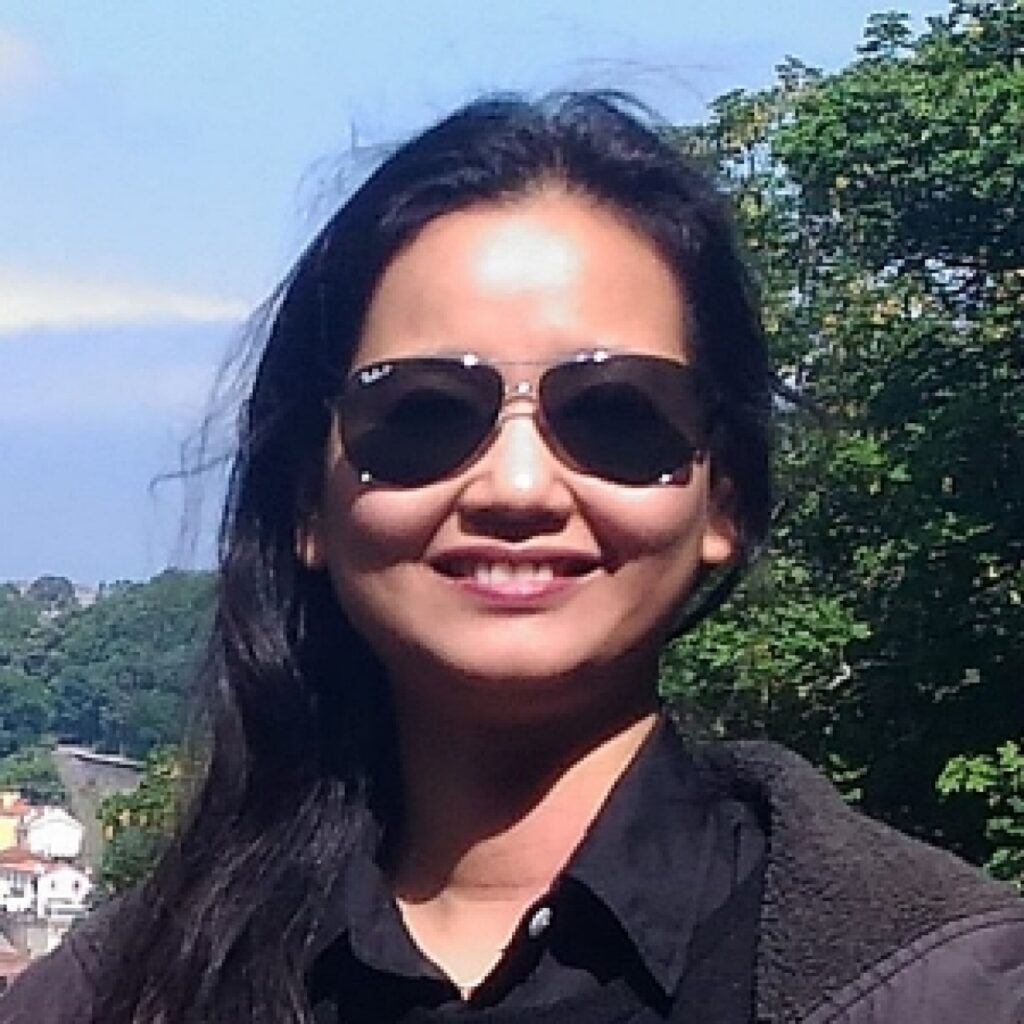
Dr. Sukanlaya works as a researcher at Learning Institute, KMUTT-King Mongkut’s University of Technology Thonburi.
She holds a PhD from ICBAS- Institute of Biomedical Sciences Abel Salazar, University of Porto, Portugal. She graduated in Zoology and Biology from Kasetsart University. She is interested in classroom research, learning science with emphasis on the skill development. Her current research interests also focus on histological and immunohistological techniques and on environmental monitoring; effects of endocrine disruption compound, particularly in bivalves’ central nervous system. Teaching experience covers: Biology and Physiology of Aquatic Animals, in the Program of Aquaculture Engineering. In addition, she has been a team member of PATH – Histomorphology, Physiopathology and Applied Toxicology (CIIMAR- Interdisciplinary Centre of Marine and Environmental Research)
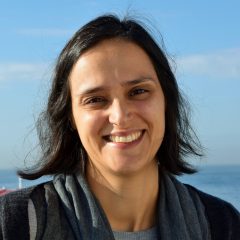
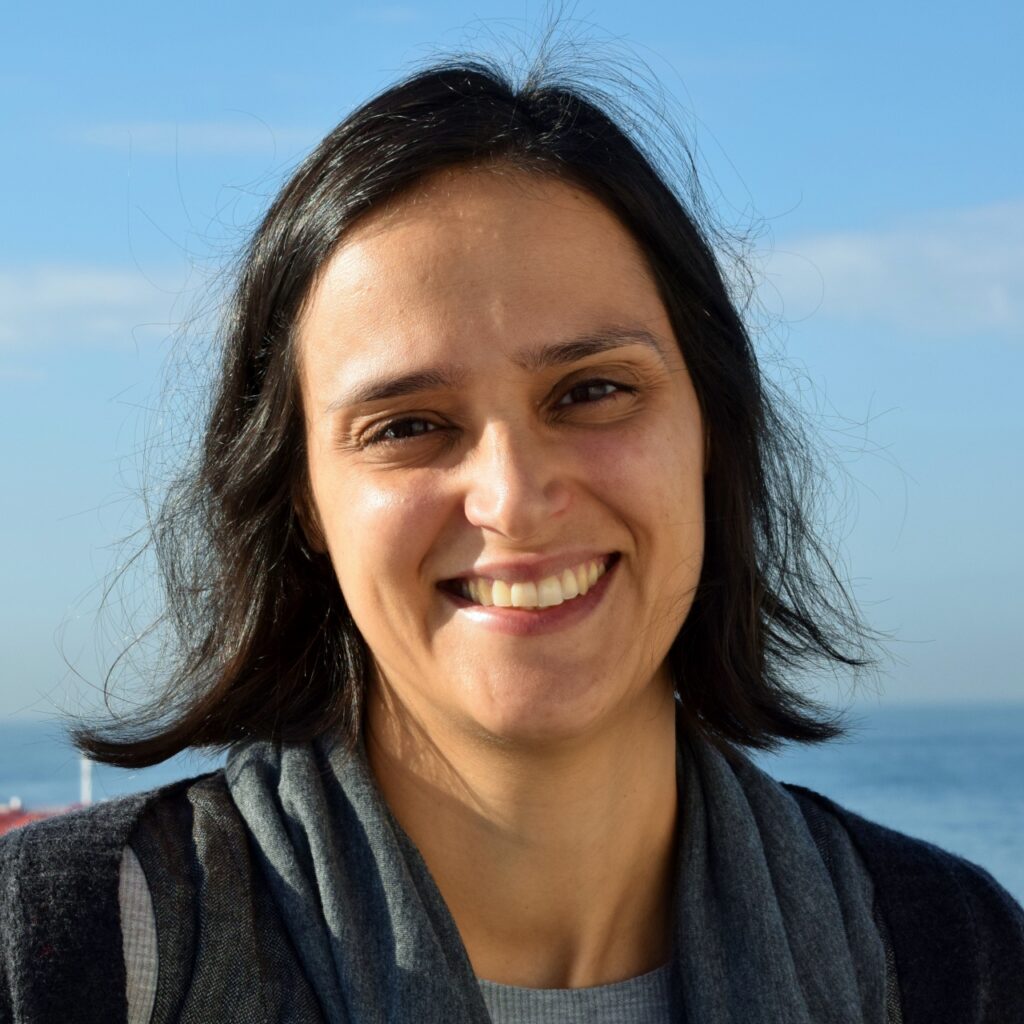
Tânia Madureira graduated in Pharmaceutical Sciences and obtained her PhD in Biomedical Sciences at ICBAS – University of Porto. She is a junior researcher at CIIMAR and an invited auxiliary professor at ICBAS. Her main research interests are related to the endocrinology and physiology of fish species (mainly brown trout), with particular interest in peroxisomal and lipid metabolic pathways. She currently has a particular interest in the development, characterization, and application of alternative fish experimental models, such as three-dimensional hepatocyte cultures (spheroids).
Alves, RF, Lopes C, Rocha E, Madureira TV
2023Animals 13(14), 2277.Lobo-da-Cunha A, Alves Â, Rodrigues A
2023Journal of Morphology 284(3):e21562.Pereira IL, Lopes C, Rocha E, Madureira TV
2022Aquatic Toxicology 253:106331Rocha MJ, Rocha E
2023Marine Pollution Bulletin 190: 114884.Santos D, Rocha E, Malhão F, Lopes C, Gonçalves JF, Madureira TV
2021Animals. 11: 1290.Seabra R, Malhão F, Costa C, Correia A, Kijjoa A, Rocha E
2023Marine Drugs 21(3), 166.Website by: Glitz Design